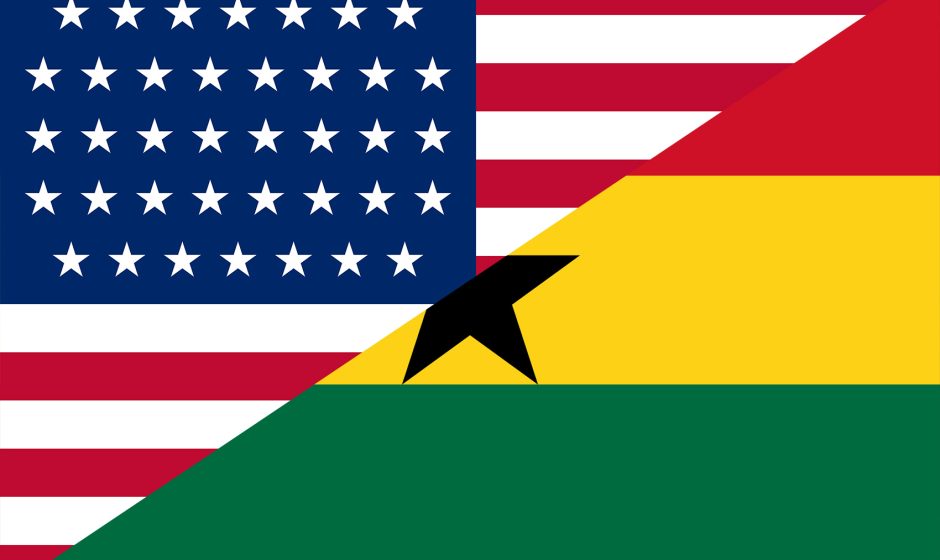Ghana allows dual citizenship, so U.S. citizens with Ghanaian roots or spouses can often keep their U.S. citizenship. This guide covers the main ways to become Ghanaian: by descent (having Ghanaian parents), by marriage to a Ghanaian, or by naturalization (long-term residence). Each path has specific document requirements, application steps, fees, and timelines (as updated in 2025) from official sources like Ghana’s Interior Ministry and U.S. Ghanaian missions.
Citizenship by Descent
If you have a Ghanaian parent, you may claim Ghanaian citizenship by descent. You generally must register this right with Ghana’s authorities.
- Required documents: You’ll need proof of your birth and your parent’s Ghanaian citizenship. For example, Ghana’s Consulate in New York specifies providing a U.S. birth certificate or naturalization certificate and evidence of the Ghanaian parent’s nationality (such as the parent’s Ghanaian passport or birth certificate). You’ll also need your own U.S. passport and several passport photos. (The Ghanaian parent must hold a valid Ghanaian passport for the claim.)
- Application process: Obtain the official Dual Nationality (Form 10) from Ghana’s Ministry of Interior or from a Ghanaian mission. In practice, U.S. applicants can buy the form via Ghana’s consulates (about $200). Complete the form and submit it with all documents to the Ghana Embassy or Consulate, which forwards it to Ghana’s Interior Ministry. Ghana Immigration will verify your descent claim, and if approved you’ll receive a dual-citizenship certificate and ID.
- Fees: The application form costs about $200 in the U.S. (nonrefundable). If you apply through Ghana’s Ministry in Accra, the interior ministry charges GH₵500 (approximately $40–50) for Form 10 and a GH₵100 processing fee.
- Timeline: Processing typically takes 6–12 months (sometimes longer).
In summary, Ghana’s official guidance notes that dual-citizenship registration (used for descent cases) generally takes about a year. Once approved, you’ll be a Ghanaian citizen from the date on your certificate and can apply for a Ghanaian passport.
Citizenship by Marriage
Marriage to a Ghanaian citizen offers a faster route than general naturalization. You can apply to be registered as a citizen of Ghana under this category, even if you live abroad.
- Required documents: You must show proof of a genuine marriage. Required items include your marriage certificate, a letter of consent from your Ghanaian spouse, and a copy of the Ghanaian spouse’s passport bio-data page. If the spouse became Ghanaian by registration or naturalization, include their certificate of registration or naturalization as well. Applicants should also submit police and medical clearance certificates and any residence permits held, plus evidence that the marriage is bona fide (joint leases, photos together, etc.).
- Application process: Write an application letter to Ghana’s Interior Minister. Submit this with Form 3 (for registration) and all supporting documents to the Ministry of Interior in Accra. Ghana Immigration Service will investigate your marriage and personal history, then recommend approval or denial. If approved, you take an oath of allegiance, receive a citizen registration certificate, and can apply for a Ghanaian passport.
- Fees: The Ministry of Interior charges GH₵3,000 (about $250) for the registration application form. Consulates may charge additional courier or service fees.
- Timeline: Officially the Ministry expects about 8 months after submission, though it often takes up to a year or more in practice.
This spouse route has no strict Ghana residency requirement (unlike standard naturalization), but you must satisfy the authorities that the marriage is real and that you and your spouse meet Ghana’s character standards.
Naturalization (General)
If you do not qualify by descent or marriage, you may still apply to naturalize as a Ghanaian after residing in Ghana for several years. This process has the most requirements.
- Required documents: Key paperwork includes Form 5 (naturalization form) and Sponsor Form 14, both bought from the Ministry of Interior. You need an application letter, a valid Ghana residence permit or indefinite-residence permit, and your passport. If you run a business, you must attach corporate documents (company registration, audited accounts, recent tax clearance and SSNIT contributions). A deed for any property you own in Ghana is also required. Additionally, submit 4 passport photos, and attestations of good character (usually from two Ghanaian notaries or officials). Applicants must meet the legal criteria (e.g. 5+ years residency, language ability, no serious criminal history).
- Application process: Send the completed forms and all documents to the Minister of Interior. The President (on minister’s advice) then decides your application under Section 14 of Ghana’s Citizenship Act. If approved, you’ll be granted a citizenship certificate and sworn in.
- Fees: The naturalization form is expensive – GH₵7,758 (around $600–700). This covers Form 5. (You’ll also need to pay any related police or medical report fees, though those are not fixed.)
- Timeline: The Interior Ministry estimates 6 months for a complete naturalization application, though it can take longer if additional checks are needed.
Obtaining citizenship by naturalization is often reserved for long-term residents, entrepreneurs, or skilled professionals. It requires demonstrating commitment and contribution to Ghana (e.g. running a Ghanaian business).
Sources: Up-to-date Ghanaian citizenship rules come from official Ghana government resources. For example, the Ghana Ministry of Interior details documents, fees and timelines for registration and naturalization. Ghana’s U.S. embassies/consulates (Washington DC and New York) also explain how U.S. citizens can apply (by descent or marriage). Always refer to Ghana’s Immigration Service or Embassy for the latest forms and procedures when you apply.



